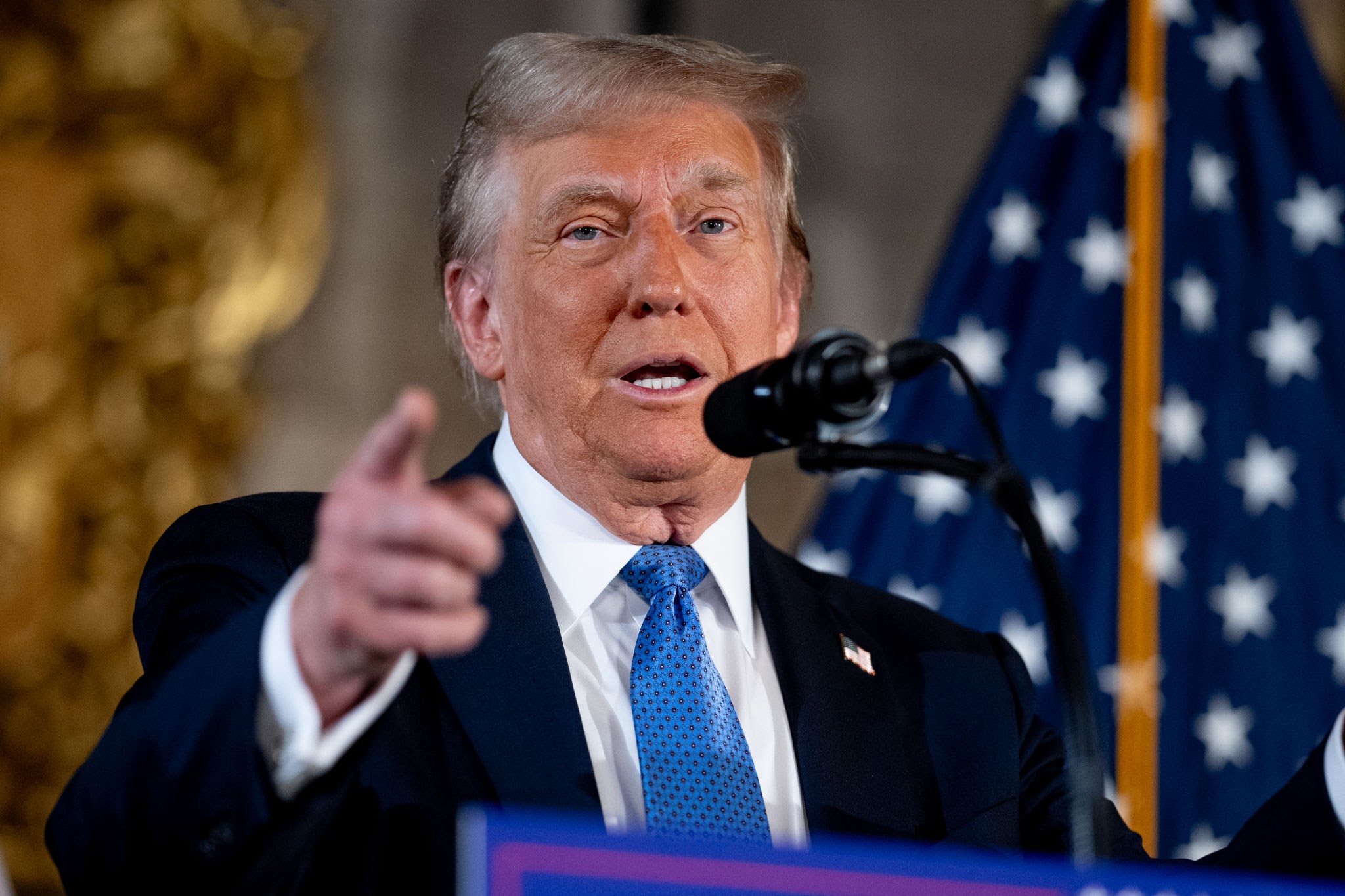Us-Iran Nuclear Deal: Donald Trump says, “They have a proposal. More importantly, they know they have to move quickly or something bad—something bad’s going to happen,” Trump told reporters aboard Air Force One after departing the United Arab Emirates, according to an audio recording of the remarks.

Summary: Trump Claims Iran Close to Nuclear Deal, Urges Quick Action
A day after stating that the U.S. and Iran were nearing a nuclear agreement, President Donald Trump said on Friday that Tehran had received his administration’s proposal and warned of consequences if Iran did not act swiftly.
Key Points:
- Trump’s Warning: Speaking aboard Air Force One, Trump said, “They have a proposal. They know they have to move quickly or something bad’s going to happen.”
- Iran’s Response: An Iranian source told Reuters that Tehran had not yet received the proposal but that Oman would soon deliver it.
- Trade as Leverage: Trump claimed Iran wanted to trade with the U.S., saying, “I’m using trade to settle scores and to make peace.” He added that a deal would leave Iran “very happy.”
- Optimism on Negotiations: Earlier in Qatar, Trump cited “very serious negotiations” and said Iran had “sort of” agreed to terms, suggesting a deal could be reached without further escalation.
Trump’s remarks highlight ongoing diplomatic efforts but also tensions, as Iran has yet to confirm receiving the U.S. proposal. The situation remains fluid, with the U.S. pushing for a swift resolution.
(Sources: Reuters, Fox News)
The Context of the Negotiations
Iran’s nuclear program has been at the forefront of international concern for over a decade. The 2015 Joint Comprehensive Plan of Action (JCPOA), which aimed to curtail Iran’s nuclear ambitions in exchange for the lifting of economic sanctions, fell apart in 2018 when former President Donald Trump withdrew the U.S. from the agreement. Since then, Iran has resumed and even accelerated its nuclear activities, raising alarms among the global community.The Role of Oman
Oman, known for its neutral stance in Middle Eastern politics, has positioned itself as a mediator in these sensitive negotiations. Muscat’s calm diplomatic approach has allowed for frank discussions, making it a fitting venue for these complex talks.What Was Discussed in Us-Iran Nuclear Deal
While the details of the negotiations remain largely confidential, sources indicate that both sides focused on fundamental issues pertaining to Iran’s uranium enrichment activities and the potential limitations on its nuclear advancements. U.S. officials emphasized the importance of addressing Iran’s ballistic missile program and regional influence, both of which are viewed critically by Washington. Negotiators aim to explore avenues for mutual concession that could lead towards a renewed agreement. The U.S. demonstrated a degree of flexibility, hinting at the potential for easing certain sanctions, contingent on Iran’s commitment to lowering its nuclear activities.International Reactions
The international community has been watching the negotiations closely, as they hold significant implications for global security and stability in the Middle East. The European Union, particularly, has expressed its support for ongoing talks, underscoring the need for a diplomatic resolution that respects the interests of all parties involved.
Various nations, including Russia and China, have also advocated for a balanced approach that weighs Iran’s rights to peaceful nuclear energy against international security concerns. The outcomes of these negotiations could very well redefine the geopolitical landscape of the region.
Challenges Ahead
Despite the positive atmosphere reported from Muscat, substantial challenges remain. The hardline stance from both the U.S. Congress and Iranian factions complicates the negotiation landscape. In Tehran, a faction pushing for nuclear progression may resist any concessions, especially in the absence of substantial guarantees from the U.S.
Additionally, any agreement reached must navigate the broader implications of U.S.-Iran relations, which have historically been marred by mistrust and conflict. The potential for missteps or misunderstanding looms large, underscoring the need for clear communication as talks progress.
A Path Forward
Looking ahead, the ongoing negotiations will require both sides to adopt a pragmatic approach. The willingness to compromise will be essential in creating a roadmap that not only addresses immediate nuclear concerns but also paves the way for broader, long-term stability in the region.
As hope is cautiously rising from the latest round of discussions, it will be critical for both nations to remain engaged in good faith, considering the implications of their collective choices not just for themselves but for the international community at large.
Conclusion
The conclusion of this fourth round of negotiations in Oman marks a hopeful chapter in U.S.-Iran relations. With continued dialogue, there is potential for a return to the diplomatic table that prioritizes peace and security over escalation. The world will be watching closely as Iran and the U.S. work through these complex and often contentious issues.
Further Reading
For more insights on the broader implications of Iran’s nuclear program, you may check these authoritative sources:

